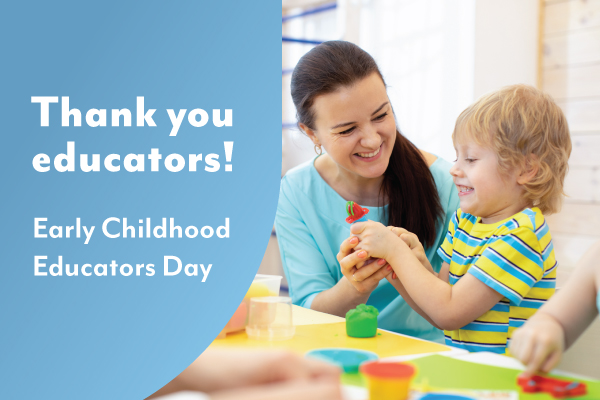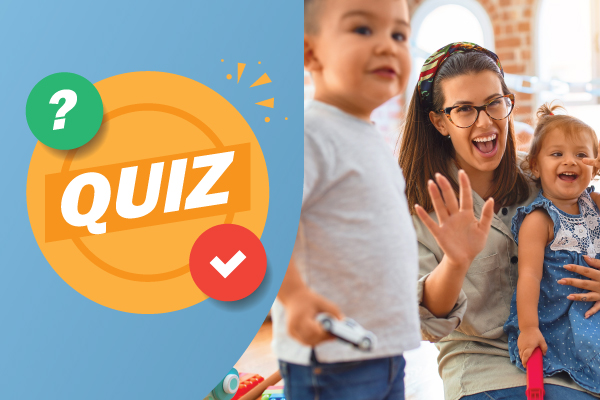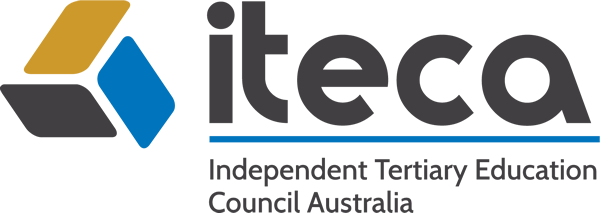When it comes to training, not only are technical skills important, but so too are soft skills which can also be learned through training that focuses on self-reflection.
Soft skills are defined as personal attributes or qualities that impact the way we interact with others and approach various situations. Soft skills are relevant across a range of occupations and sectors. In early childhood education these human qualities give educators the ability to more constructively support and nurture the learning of young children.
Selmar’s approach to education and training is highly practical with all our trainers possessing experience in the sector and coaching and assessments provided in the workplace. However, we have also developed a curriculum which hones the soft-skills of our learners, as we know via feedback from centre directors, that an educator who possess these has greater capability to serve the children and their parents.
This is why we refer to our training as human-centred, as it puts the learner first and seeks to bring the additional dimension of developing self-awareness to enhance innate social and emotional skill sets.

Understanding human-centred education
Over the last few years soft skills have become increasingly valued, with human-centred education techniques now recognised alongside the more traditional, practical approach to education. The marriage of knowledge and soft skills is instrumental in fostering a compassionate and caring society.
As the name suggests, this approach focuses on the human element of education — that is, our learners’ wellbeing, curiosity and care in relation to their studies. It enables people to develop their vital soft skills while gaining the required technical skills and formal qualifications simultaneously. This human-centred education approach can go on to influence the way educators undertake their own professional endeavours — this is particularly meaningful when considering that today’s early childhood education learners are tomorrow’s educators, set to shape the lives of children.
A compassionate and caring world is better for everyone, and a renewed focus on soft skills like communication, kindness, compassion and patience can help pave the way.

Support to strengthen soft skills
At Selmar we are committed to helping our learners strengthen their soft skills throughout their study journey. In addition to reinforcing soft skills and further developing them throughout learners’ studies, Selmar introduced practical methods too. For example, our learners engage with their learning in a meaningful way through their practical placement journals. This learning resources encourages a journey of self-reflection and empowers our learners to identify their own interpersonal skills and discover their own potential.
Some valuable soft skills include the following:
Patience
Young children are still learning how to understand the world, and as we all know, learning new things can be frustrating. Children are prone to emotional outbursts as they learn to master new skills, including self-regulation! Patience is very useful for early childhood educators, when guiding children through their own frustrating situations.
Emotional intelligence
Emotional intelligence is a broad term comprising self-regulation, self-awareness, motivation, social skills and empathy. These areas all contribute greatly to employability as well as ability to succeed in (and out) of the workplace. Emotional intelligence is about making the right behavioural choices in a range of contexts.
Communication
Whether communicating with children, parents or other early childhood professionals, communication skills can play a key role in career success. Oftentimes it’s listening and responding with empathy that can make the difference between a good and great communicator.
Cultural competence
We all come from a variety of different backgrounds and cultures and cultural competence is having the ability to understand and educate across these. Early childhood education involves working with children and families with a range of cultural backgrounds and demographics, so possessing cultural competence is important.
It’s clear that each of these soft skills in the workplace can contribute to providing children with a high-quality early childhood education as well as a fulfilling career as an educator.
To learn about how we incorporate soft skills within our education and training, contact us for further information.
_
As seen in Child Care Australia magazine




